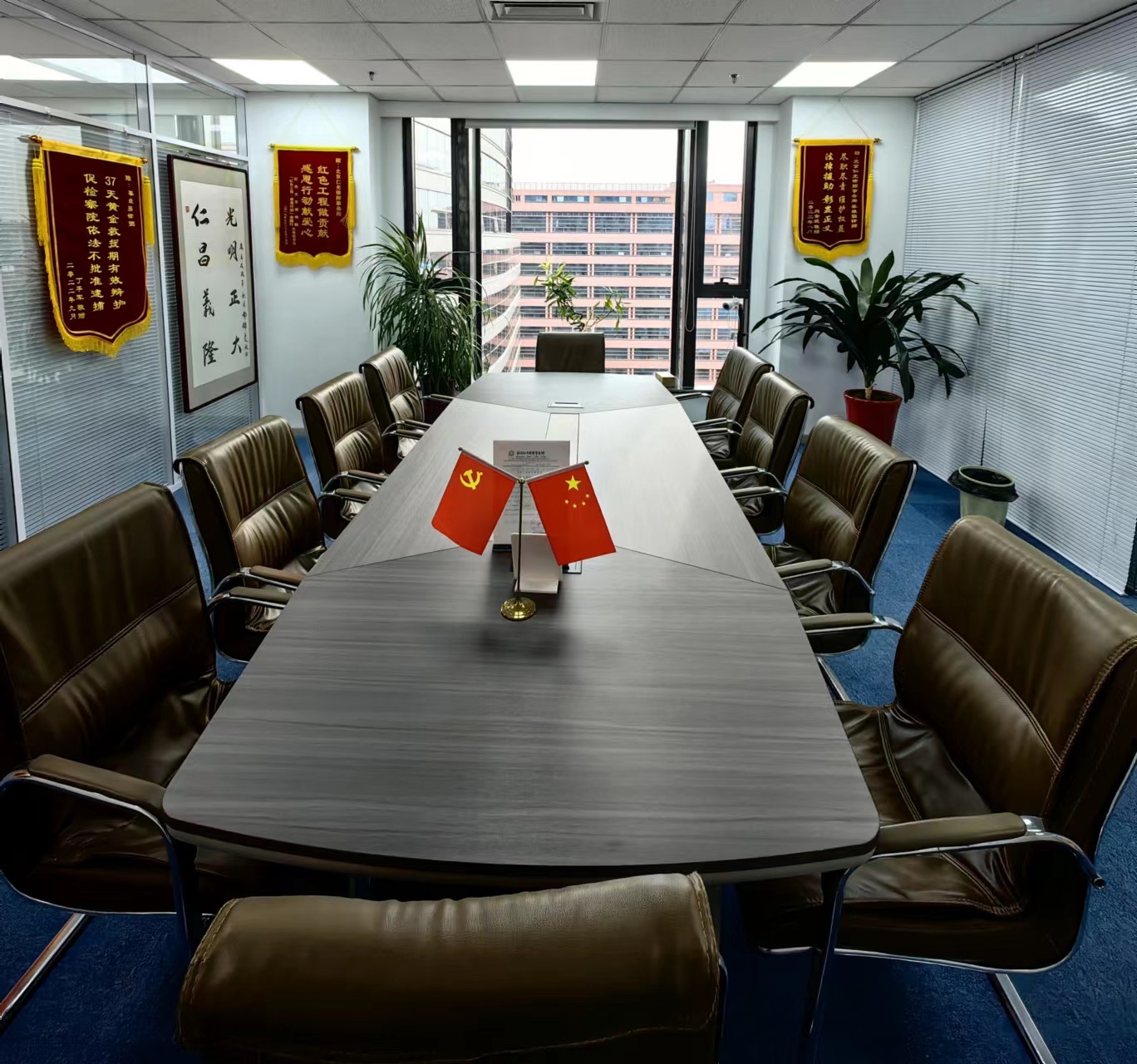Case Analysis of Standard Essential Patent (SEP)
Author:
Source:
Time:2020-08-27 22:42
In recent years, due to the impact of the Qualcomm case and the IDC case, the implementation of patent rights involving SEP has received widespread attention. Attitudes towards SEPs and their patentees have also changed several times as these cases have developed.
Initially, many people saw SEP as a weapon to safeguard the rights and interests of patentees. After that, people gradually realized that the patentee occupies a dominant position in the implementation of SEP, and it is easy to take advantage of the particularity of SEP to carry out monopoly behavior and hijack the opposite party in license negotiation or litigation. As this understanding grew, courts and governments began to regulate SEP patent enforcement, such as in the aforementioned Qualcomm and IDC cases, where courts and government agencies conducted antitrust reviews.
More and more SEP holders are finding that they must follow the RAND or FRAND principles if they want to avoid antitrust risks, which often makes it difficult for patentees to negotiate a license before they can sue, and for some SEPs, it is difficult to obtain an injunction from the courts. As a result of these restrictions on SEPs, there is now a phenomenon of reverse hijacking, where potential licensees deliberately delay licensing negotiations, thereby coercing the patentee into lowering the licensing conditions, etc. In the environment of promoting the protection of intellectual property rights, these factors that are not conducive to the patentee have also attracted people's attention.
In this context, a recent patent infringement lawsuit involving SEP is worthy of attention. In this case, Xi 'an Xidian Jietong Wireless Network Communication Co., Ltd., the patentee of SEP, which owns WAPI(Wireless LAN Authentication and Privacy Infrastructure) standard, a mandatory national standard, filed an infringement lawsuit against Sony Mobile Communication Products (China) Co., Ltd. in 2015, accusing the latter of infringing its SEP. The case was heard in the Beijing Intellectual Property Court in February 2016. One of the concerns of this case is that in the (II) on Judicial Interpretation of Patent Infringement Disputes issued by the Supreme People's Court in April 2016, only some specific circumstances of the implementation of essential patents involved in recommended national, industrial or local standards are stipulated, while many aspects such as the implementation of essential patents involved in mandatory national standards are left blank, the outcome of the trial in the case of Xi'an Xidian Jietong and Sony may give guidance in this regard.
Next Page
Next Page
Other cases


